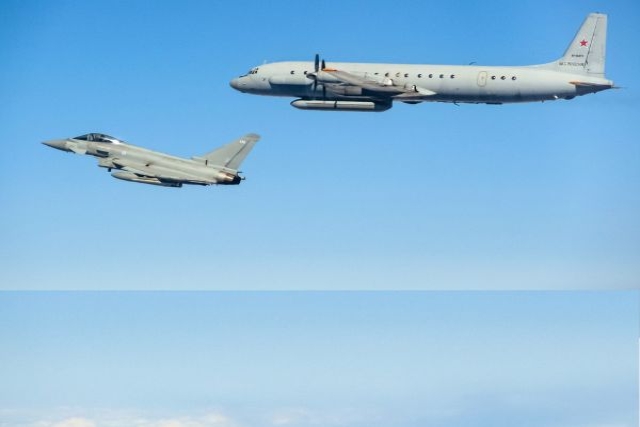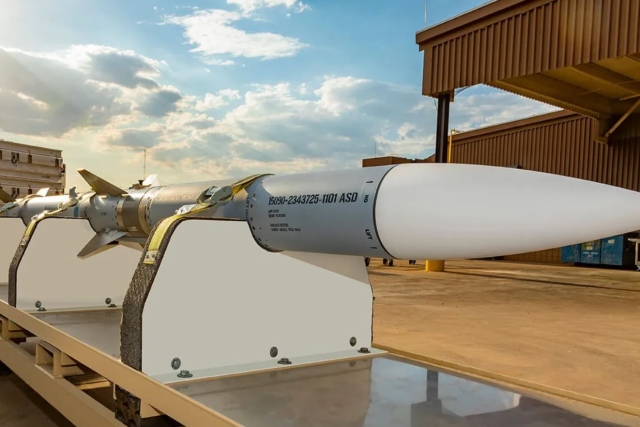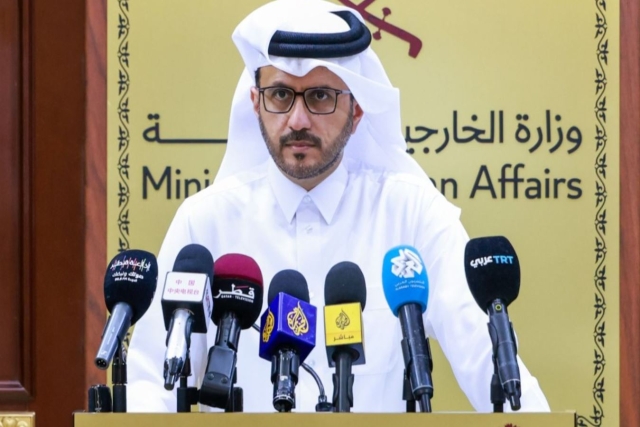ATK Wins Role in Satellite Repurposing Program
ATK announces it has been selected as a key participant to support the U.S. Defense Advanced Research Projects Agency (DARPA) Tactical Technologies Office (TTO) Phoenix Technologies Program. The Phoenix Program is developing technologies to cooperatively harvest and re-use valuable components from retired, nonworking satellites in geosynchronous orbit. The planned repurposing of these satellite components such as antennas represents the potential to create new space resources at significantly less cost. The DARPA Phoenix Program system integrator, the Naval Research Laboratory (NRL), has issued a solicitation announcing it intends to negotiate with ATK to modify an existing US-built, US government owned geostationary satellite bus for the Phoenix mission. NRL has identified ATK as the only responsive source for this service. The bus, originally developed by ATK, is designed to be capable of supporting, for a minimum of one year, robotic rendezvous and proximity operations, and a grapple-and-repair robotic technology demonstration mission. The bus is scheduled to be delivered by October 2014 to the NRL for Space Vehicle integration and test. ATK has also been selected for a contract award in response to a Broad Agency Announcement (BAA) from DARPA for the Phoenix Technologies Program for the primary robotics effort. ATK, in partnership with the University of Maryland's Space Systems Laboratory (SSL), will develop robotic servicing tools and software to enable re-use of the antenna and other working components of a nonfunctional satellite. ATK's hardware is comprised of a Satellite Capture Tool (SCT) and a Aperture Grasp and Severing Tool (AGST). These tools provide applications for satellite grappling and control as well as salvage operations. In addition, ViviSat, a satellite life extension service owned by ATK and U.S. Space LLC, continues its development and is synergestic with DARPA's vision of sustainable satellite servicing. The goal of the Mission Extension Vehicle (MEV) is to robotically dock with satellites not designed for on-orbit servicing, extending the mission of the client spacecraft by one to fifteen years. Combined with ATK's new state of the art Robotic Rendezvous and Proximity Operations (RPO) Lab, these services provide the tools to leverage DARPA-developed technologies and adapt new capabilities to specific commercial and military customers.










